Raising ants to catch insects for plants
Mr. Hoang Van Quoc, Nong Ha commune (Cho Moi) has proactively raised ants to protect his macadamia garden from pests, helping to increase productivity, produce clean and environmentally friendly products.
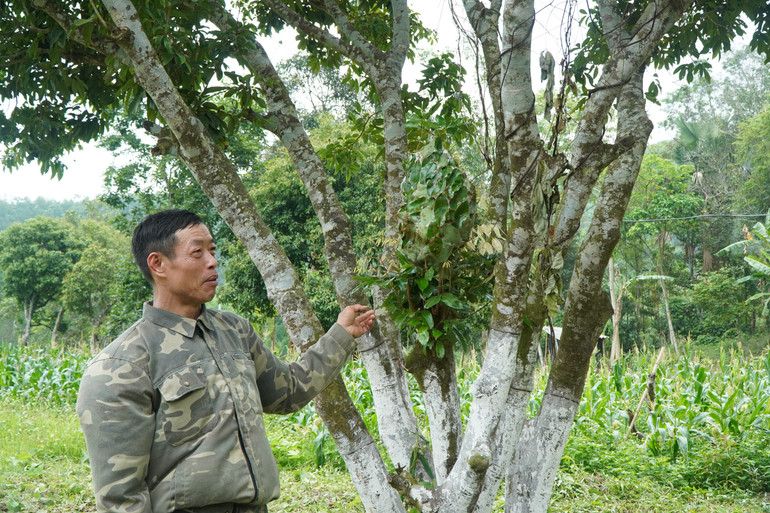
Taking us to visit the macadamia garden full of fruit ready to be harvested, trees connected by ropes like a "matrix", Mr. Quoc shared: My family grows 5 hectares of macadamia trees. To reduce the cost of care, protect the environment and my own health, I have researched and experimented with raising weaver ants to kill pests and aphids that are harmful to the trees. Seeing the effectiveness, I caught more ant nests from the forest to let them nest on the lychee trees around the macadamia trees, bought old network cables to connect together to create a path for the ants.

In Mr. Quoc’s macadamia garden, there are more than a hundred yellow ant nests. Their main food is beetles, worms, and aphids. Thanks to that, yellow ants become “natural enemies” that destroy harmful pests, helping the macadamia garden grow well, produce safe products, and balance the ecosystem.
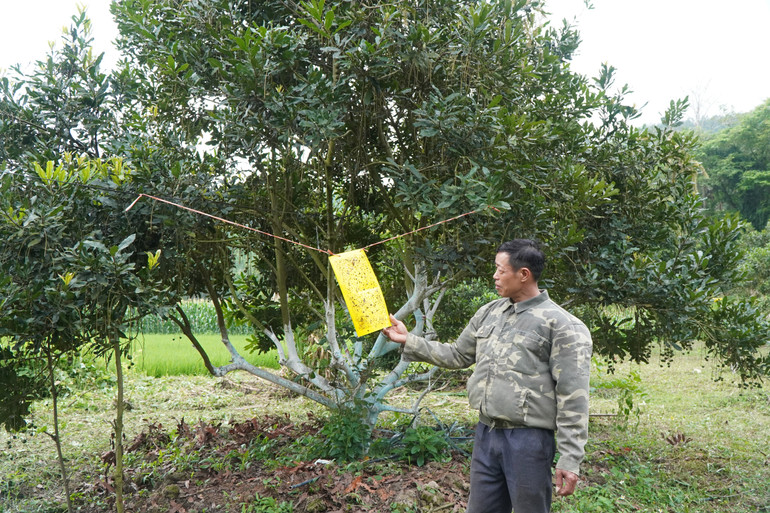
According to Mr. Quoc, in 2024, from 80 macadamia trees that have been harvested, the family will collect more than 1 ton of fruit. The selling price is 50,000 VND/kg of fresh macadamia nuts without shell, 85,000 VND/kg with shell. After deducting expenses, the income is more than 70 million VND.
Expanding the use of organic fertilizers
By “holding hands and showing the way”, for many years, specialized sectors have guided farmers on how to compost organic fertilizer from agricultural by-products and livestock waste to move towards the goal of friendly, sustainable and economically valuable agricultural production.
At the training course on collecting and treating livestock waste and agricultural by-products according to the circular principle in Ban Den village, Quang Chu commune (Cho Moi), organized by the provincial Department of Cultivation, Plant Protection and Quality Management, 30 trainees were guided through the steps of composting organic fertilizer from manure, waste and agricultural by-products available in rural areas.
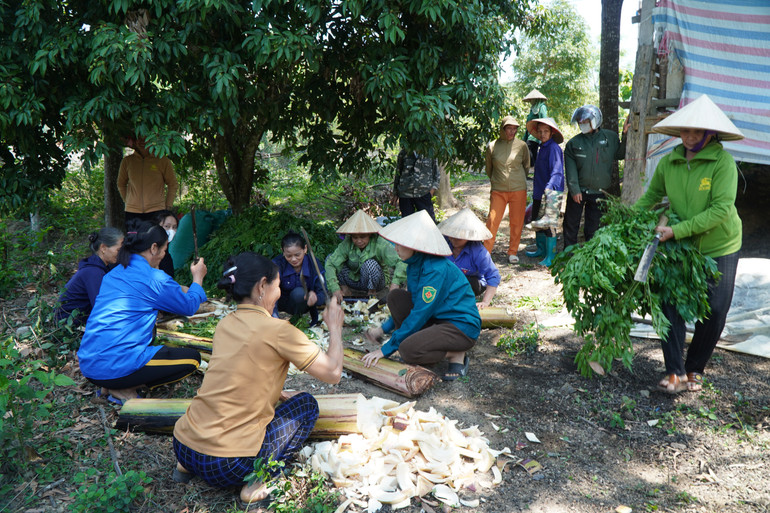
Ms. Ha Thi Bac, Ban Den village, Quang Chu commune shared: "Thanks to participating in the training class, I know how to compost many types of fertilizer to create a source of loose fertilizer, free of bacteria harmful to soil and plants without investment costs, taking advantage of available materials at home.
Aiming for clean agriculture, creating safe and quality agricultural products to meet consumer needs, in May 2025 alone, the Department of Crop Production, Plant Protection and Quality Management of the province opened 8 training courses on collecting and treating livestock waste and agricultural by-products according to the circular principle in villages of Quang Chu commune (Cho Moi) and Yen Duong commune (Ba Be).

In order to raise awareness of farmers about the production of organic microbial fertilizers for agricultural production, the Farmers' Association at all levels in the province has implemented many solutions such as: Propagating so that people can gradually form a safe production method associated with environmental protection; providing technical guidance on the use of preparations and the process of producing organic microbial fertilizers from agricultural waste and by-products; providing organic fertilizers to farmers in the form of deferred payment as well as consulting to help people access quality organic fertilizer sources.

In addition to the achieved results, the transition from using chemical fertilizers to organic fertilizers still faces many difficulties. Chemical fertilizers are fast-acting and easy to use, while organic fertilizers take longer to be effective. This makes people hesitant to change, especially when they place too much importance on productivity and continuous production requirements. Therefore, all levels and sectors need to strengthen extensive propaganda to rapidly increase the rate of using organic fertilizers in agricultural production, because the transition to organic farming is an inevitable trend, contributing to building a green, clean, safe and sustainable agriculture./.
Source: https://baobackan.vn/nong-dan-chu-dong-san-xuat-nong-nghiep-sach-post71198.html



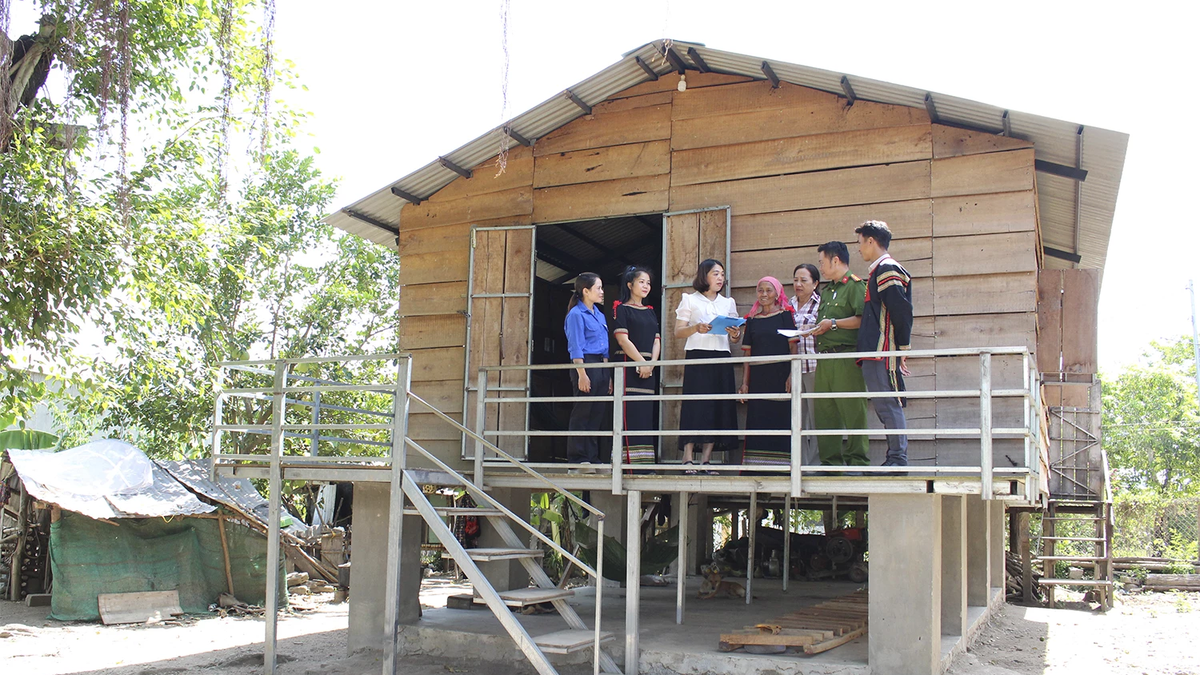

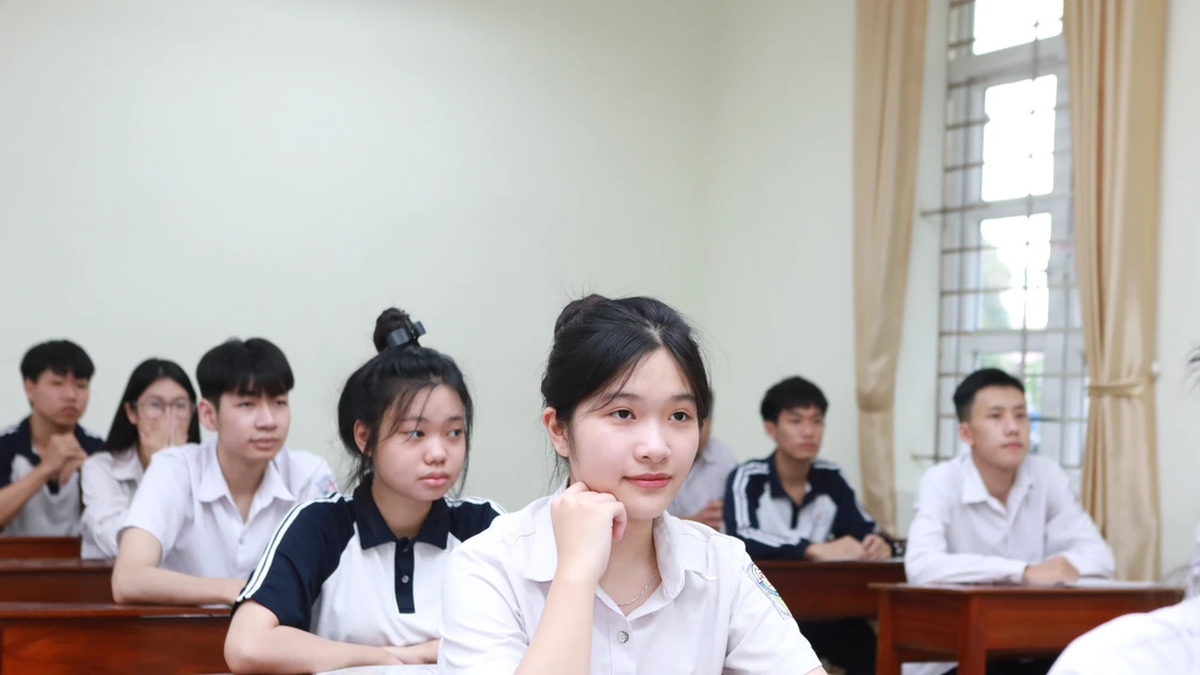
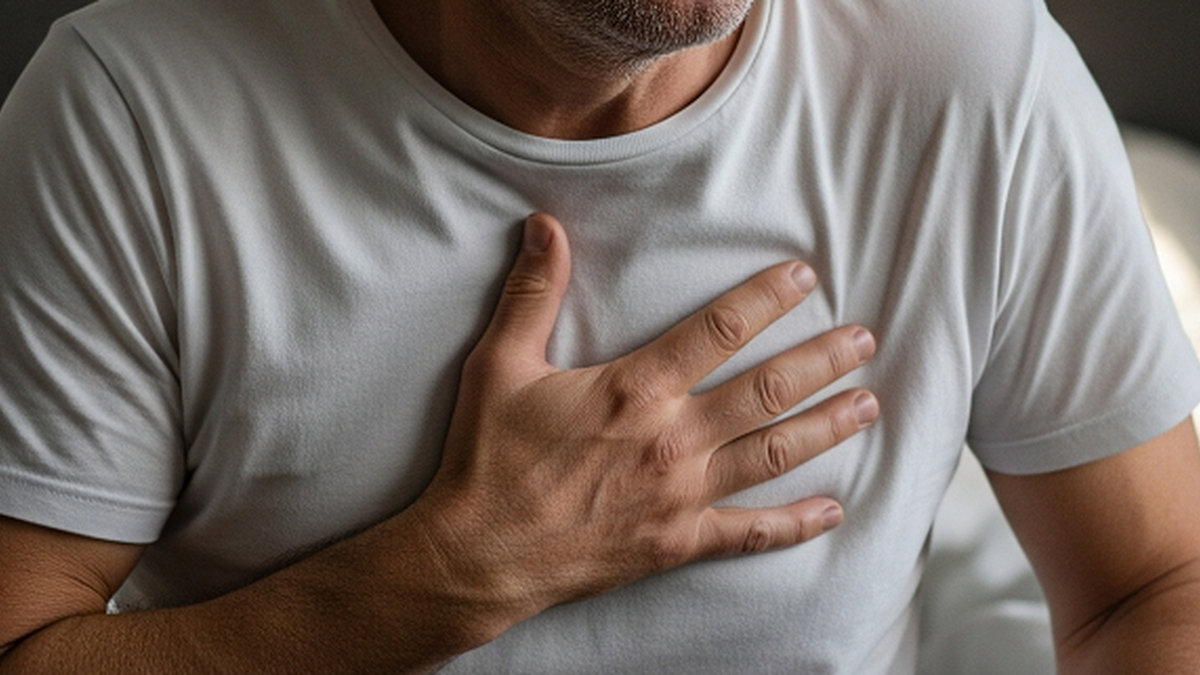
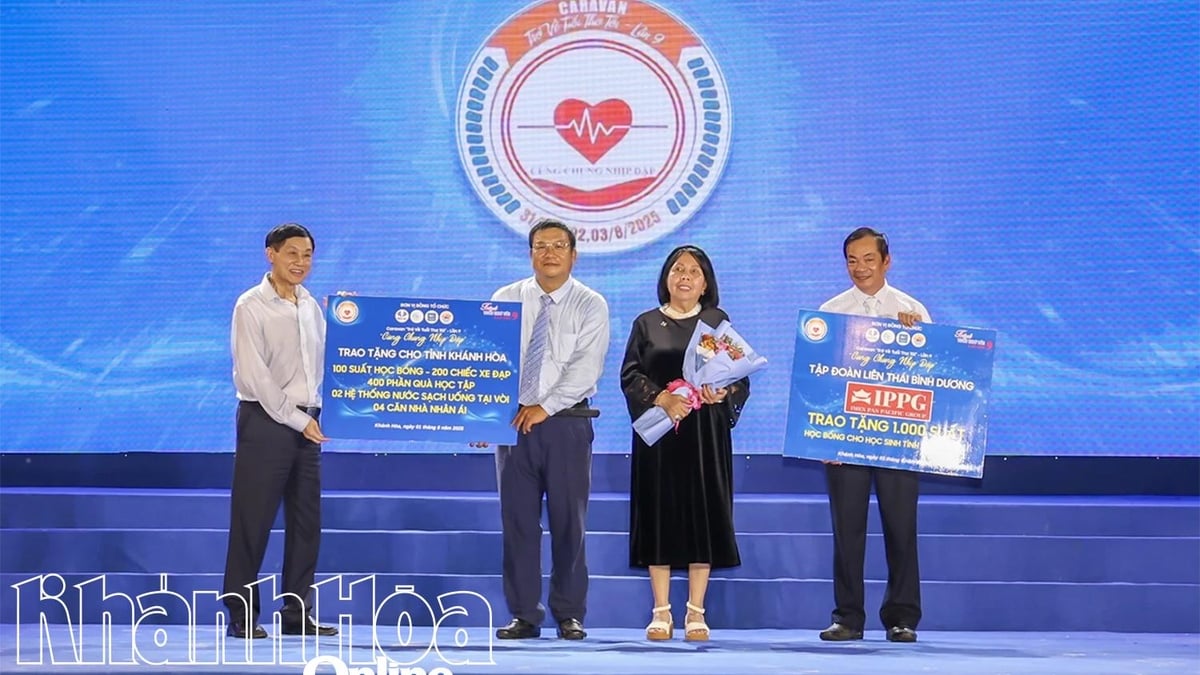


































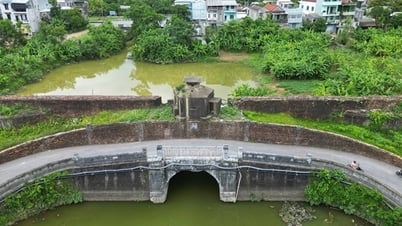











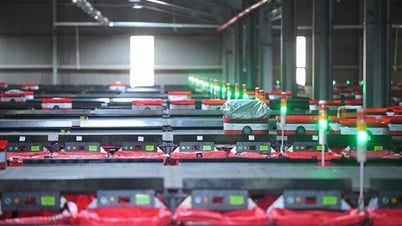



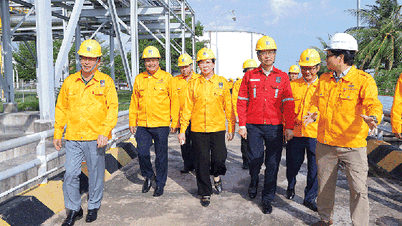

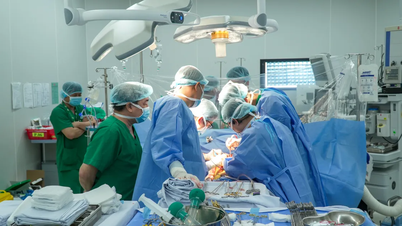



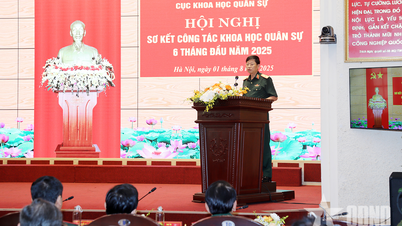

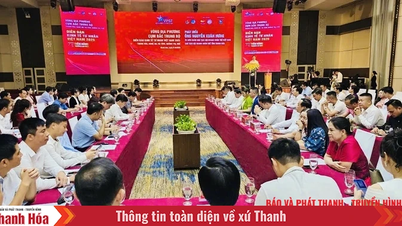

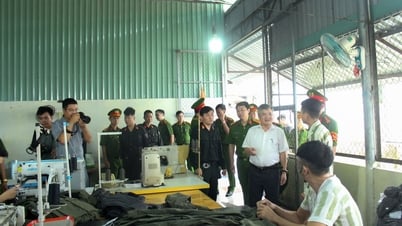


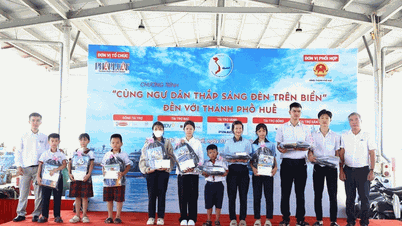







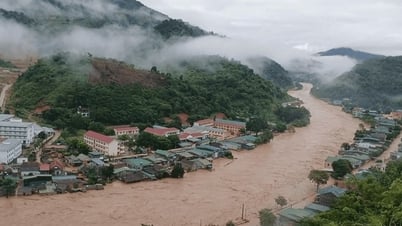























Comment (0)